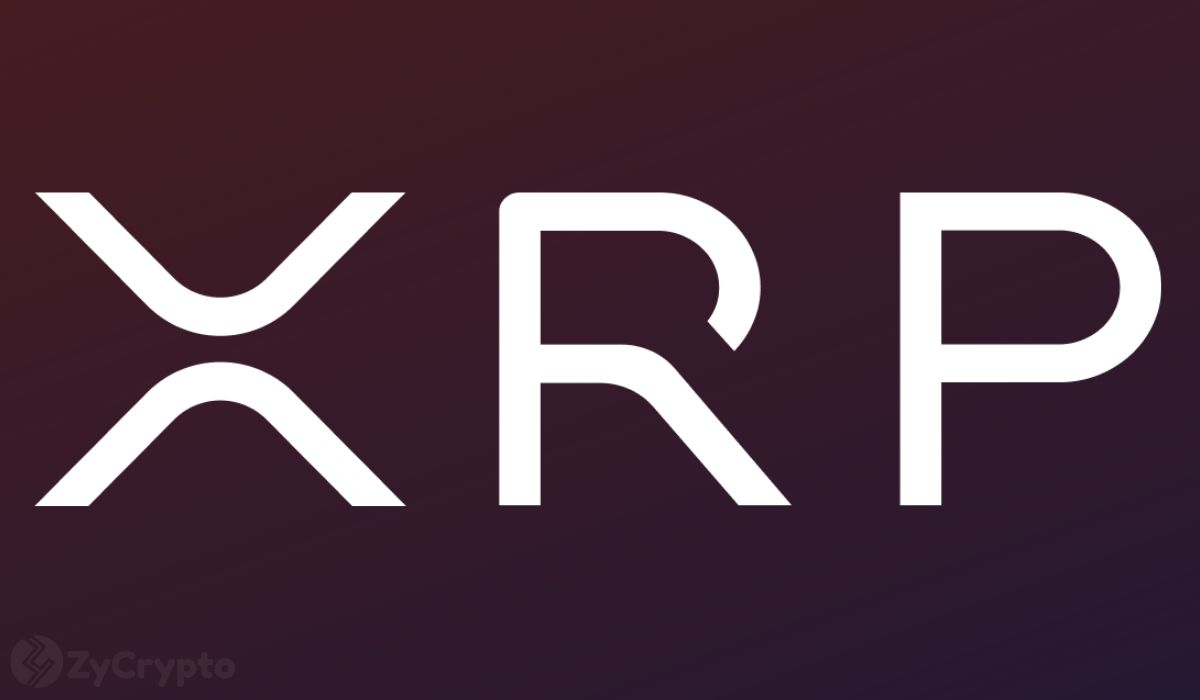As the SEC vs Ripple case extends into the new year, XRP supporters are on the lookout for any edge Ripple could have over the SEC in hopes that it might strengthen Ripple’s chances of winning the case.
Is Ripple another step ahead of the SEC in the ongoing case?
Luckily, XRP supporters can look at the recent statements made by the U.S. Department of Justice, which classifies two cryptocurrency tokens as “commodities.” The statements have spurred optimism among community members, who consider the statement a valid point of reference for Ripple’s lawyers in the ongoing case.
The classification of two cryptocurrencies, namely CRV and MNGO, as commodities by the U.S. DOJ, can be seen in a recent court filing against Avraham Eisenberg.
Avraham Eisenberg, who was allegedly involved in hacking the decentralized exchange platform Mango Markets, was recently charged with market manipulation after being arrested on the 28th of December in Puerto Rico.
The documents filed against Eisenberg, who allegedly made away with over $50 million from the hack, were filed in the same court where the SEC vs Ripple case is currently taking place.
In the filing, the DoJ refers to CRV and MNGO as commodities in different paragraphs. This has triggered positive sentiments among Ripple supporters who speculate that if the DoJ can classify these other crypto assets as commodities, Ripple’s XRP might also be categorized as a commodity, not a security.
However, some notable figures in the cryptocurrency industry have debunked these claims, highlighting the difference in the DOJ’s situation.
One such figure was General Counsel at Delphi Labs Gabriel Shapiro. Shapiro explained that the label on both cryptos isn’t bullish for XRP or cryptocurrencies in general.
“The fact that the case doesn’t characterize the relevant tokens as securities is not in any way bullish/positive and merely arises from litigation strategy–the fewer predicate issues the govt has to litigate in its case, the better. Moreover, swaps are just as big if not a bigger regulatory quagmire than securities.” He wrote in a tweet.
Similarly, popular attorney John E Deaton has pushed back on these takes, saying that prosecutors’ choice of language does not hold any weight as a defence tool for Ripple.
Per his tweet below ;
“NOT TRUE. Prosecutors are simply calling the tokens commodities for their own prosecutorial reasons. Whether the underlying asset is a commodity or a security isn’t important – the fraud is. Calling it a security creates an unnecessary burden of proof.”







